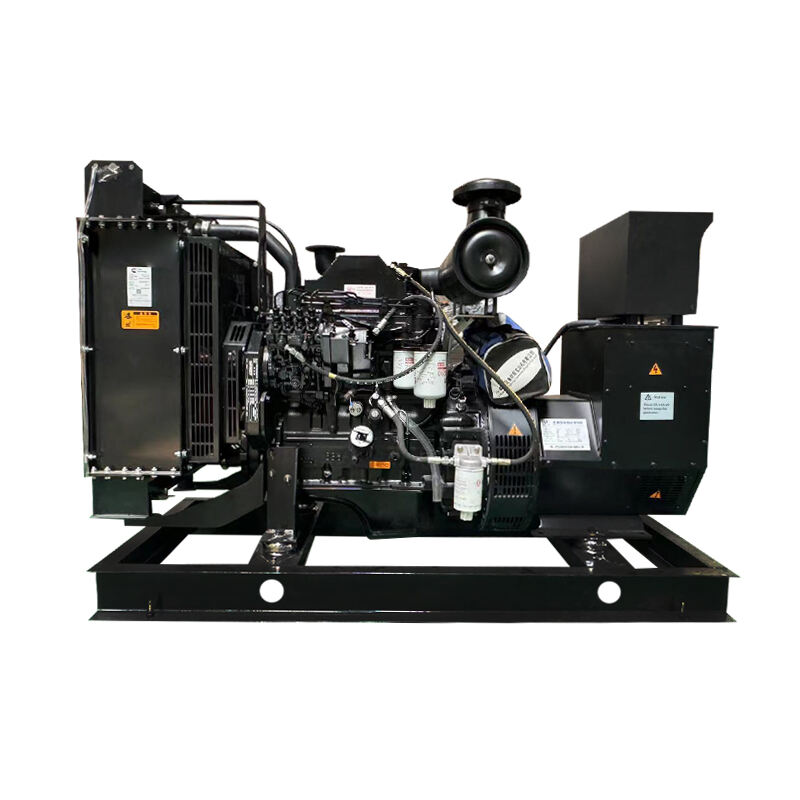
Understanding Power Generation Solutions for Commercial Applications When it comes to reliable power backup solutions, a 30kva generator stands as a crucial investment for medium-sized businesses, construction sites, and commercial facilities. The ch...
VIEW MORE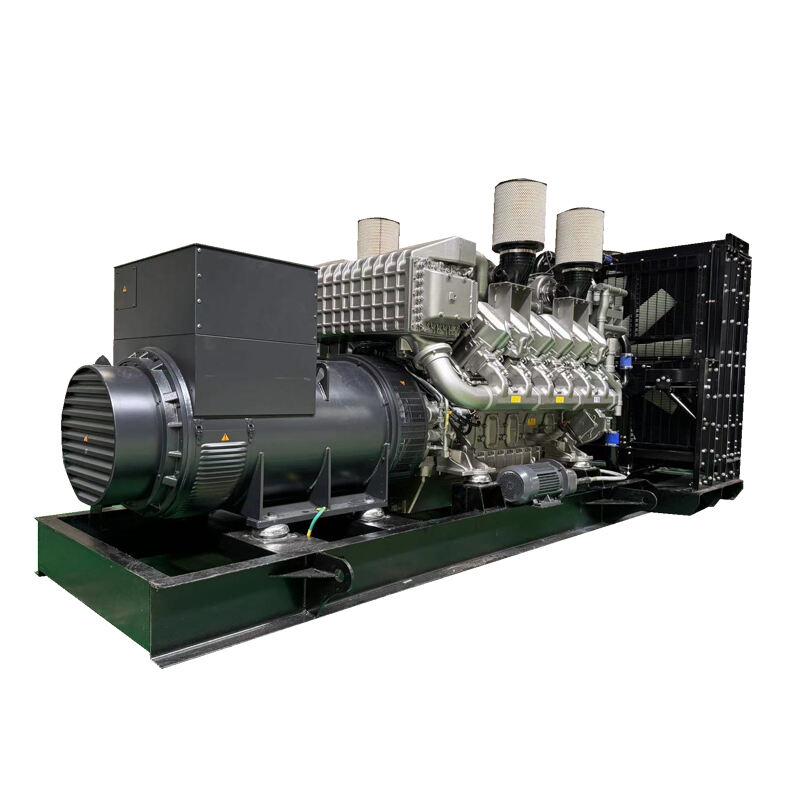
Understanding Modern Power Generation Solutions The landscape of residential and commercial power generation has evolved dramatically in recent years. As our dependence on electrical devices grows, having a reliable power generator has become less of...
VIEW MORE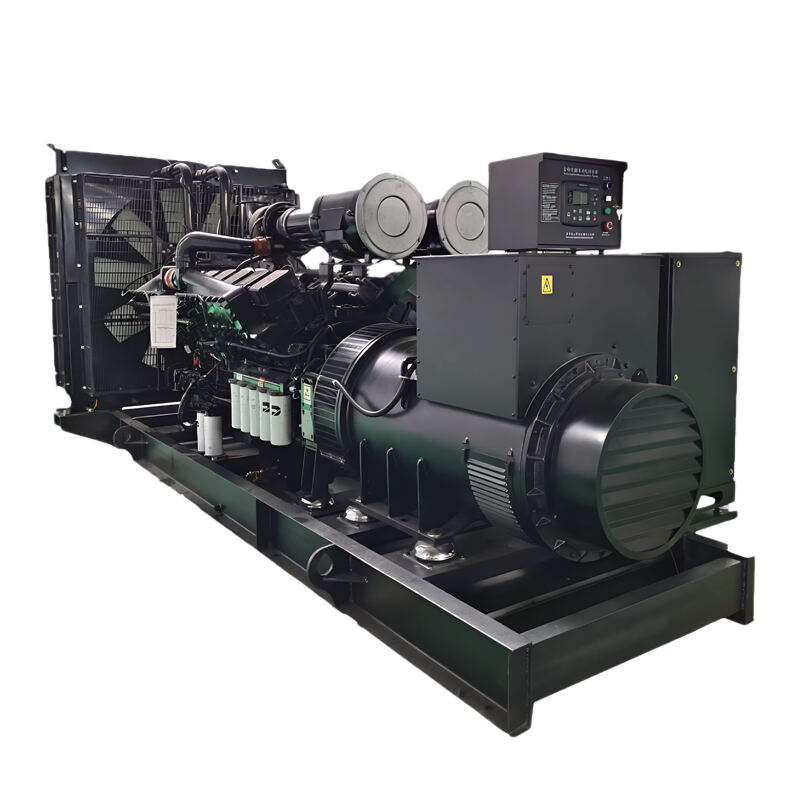
Understanding Home Backup Power Solutions When it comes to ensuring your home's energy security, a power generator serves as your ultimate safeguard against unexpected outages and emergencies. Whether you live in an area prone to natural disasters or...
VIEW MORE
The Critical Role of Reliable Power Solutions in Modern Data Centers In today's digital-driven world, data centers serve as the backbone of global connectivity and business operations. The need for uninterrupted power supply has never been more cruci...
VIEW MORE
Essential Maintenance Guidelines for Industrial Power Generation Maintaining a 30kva generator requires a systematic approach to ensure optimal performance and longevity. These power units serve as critical backup systems for medium-sized businesses,...
VIEW MORE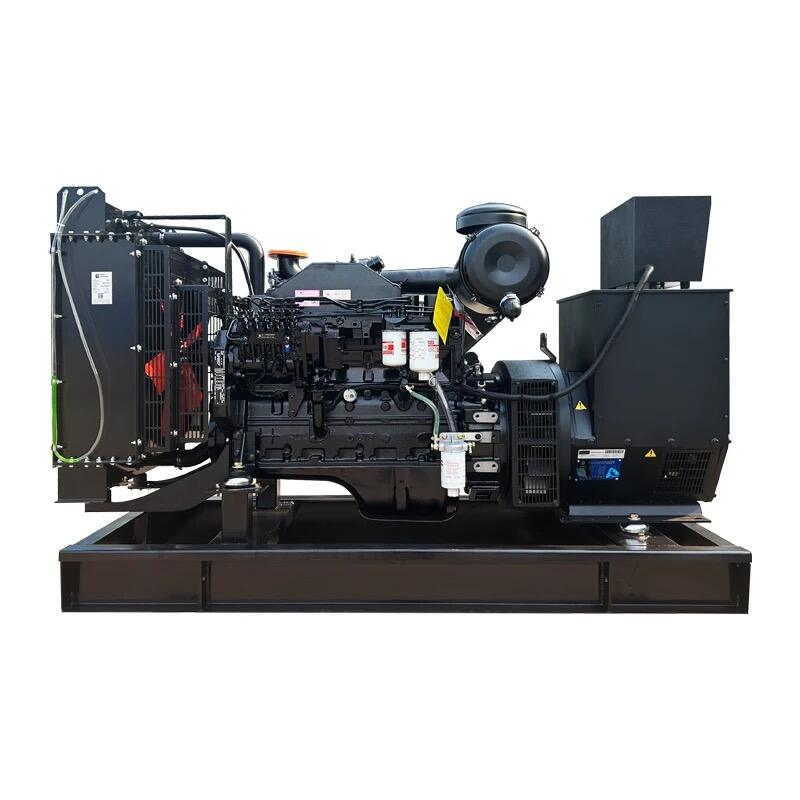
Understanding Generator Fault Code Diagnostics When your Cummins generator displays a fault code, it's sending you a crucial message about its operational status. These diagnostic codes serve as the generator's way of communicating potential issues, ...
VIEW MORE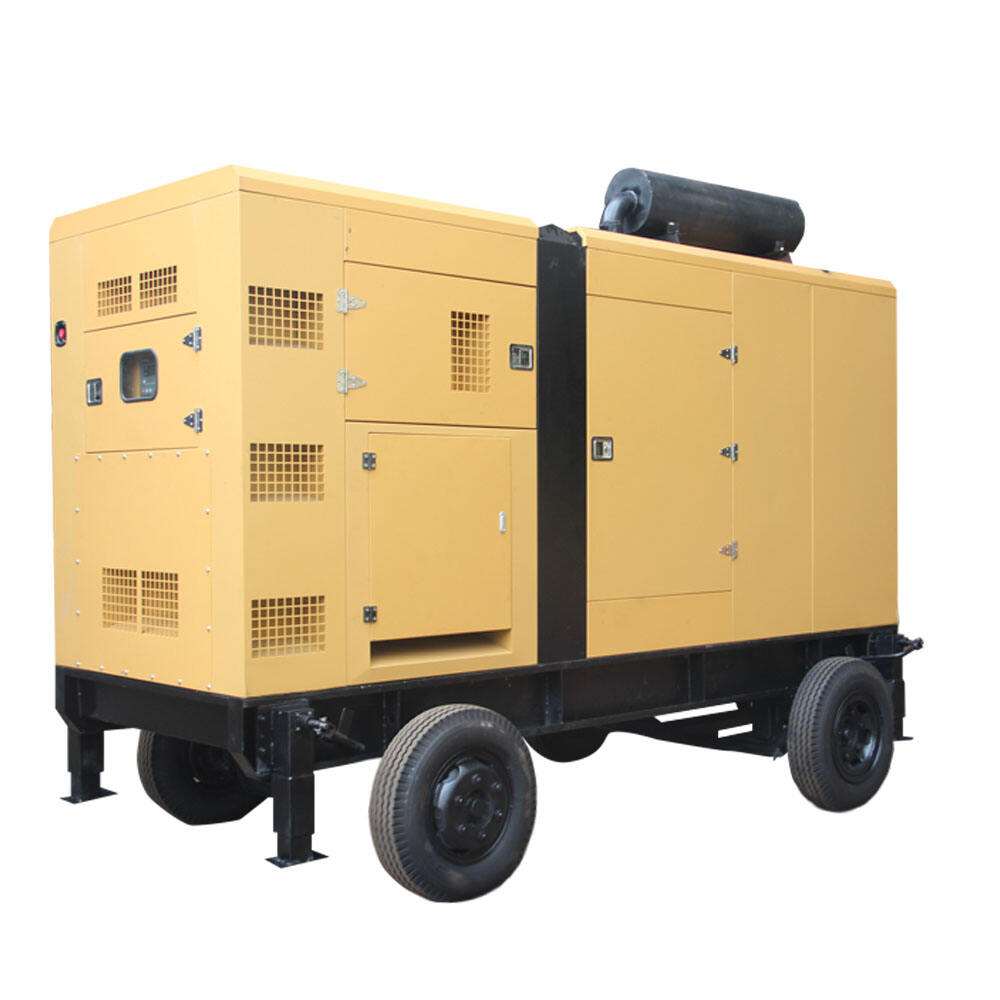
Understanding Power Solutions for Modern Commercial Facilities In today's fast-paced business environment, maintaining consistent power supply is crucial for commercial operations. A 30kva generator serves as a reliable backup power solution that can...
VIEW MORE
Understanding Industrial Power Solutions: The Complete 30kVA Generator Guide When it comes to reliable power solutions for medium-sized commercial operations, construction sites, or backup systems, a 30kva generator stands out as a versatile choice. ...
VIEW MORE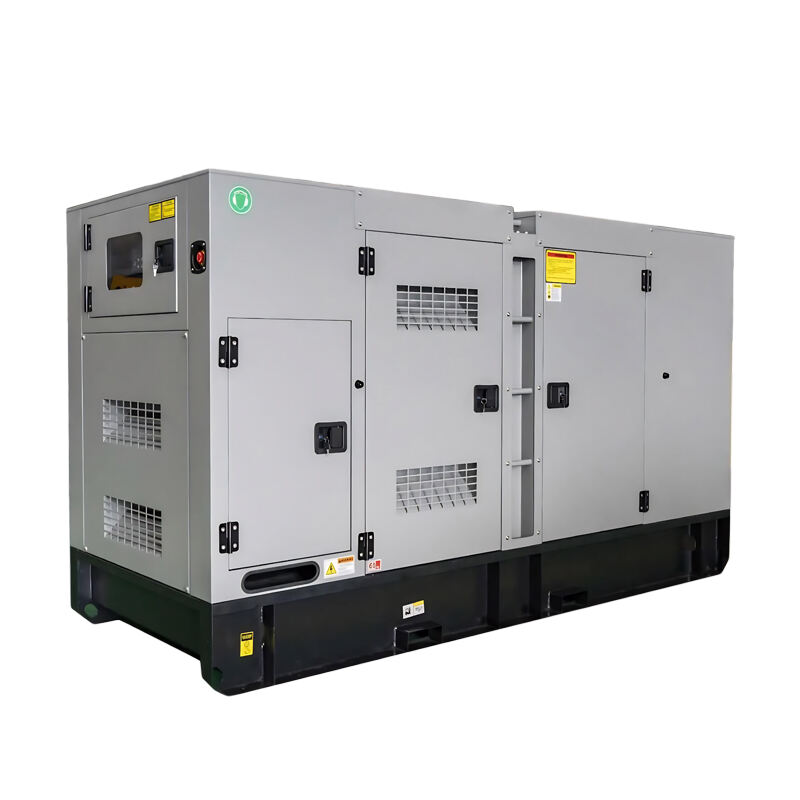
What Are the Environmental Impacts of Using Diesel Power Generators and How Can They Be Minimized? Diesel power generators have long been the backbone of backup electricity supply in industrial plants, commercial buildings, hospitals, ...
VIEW MORE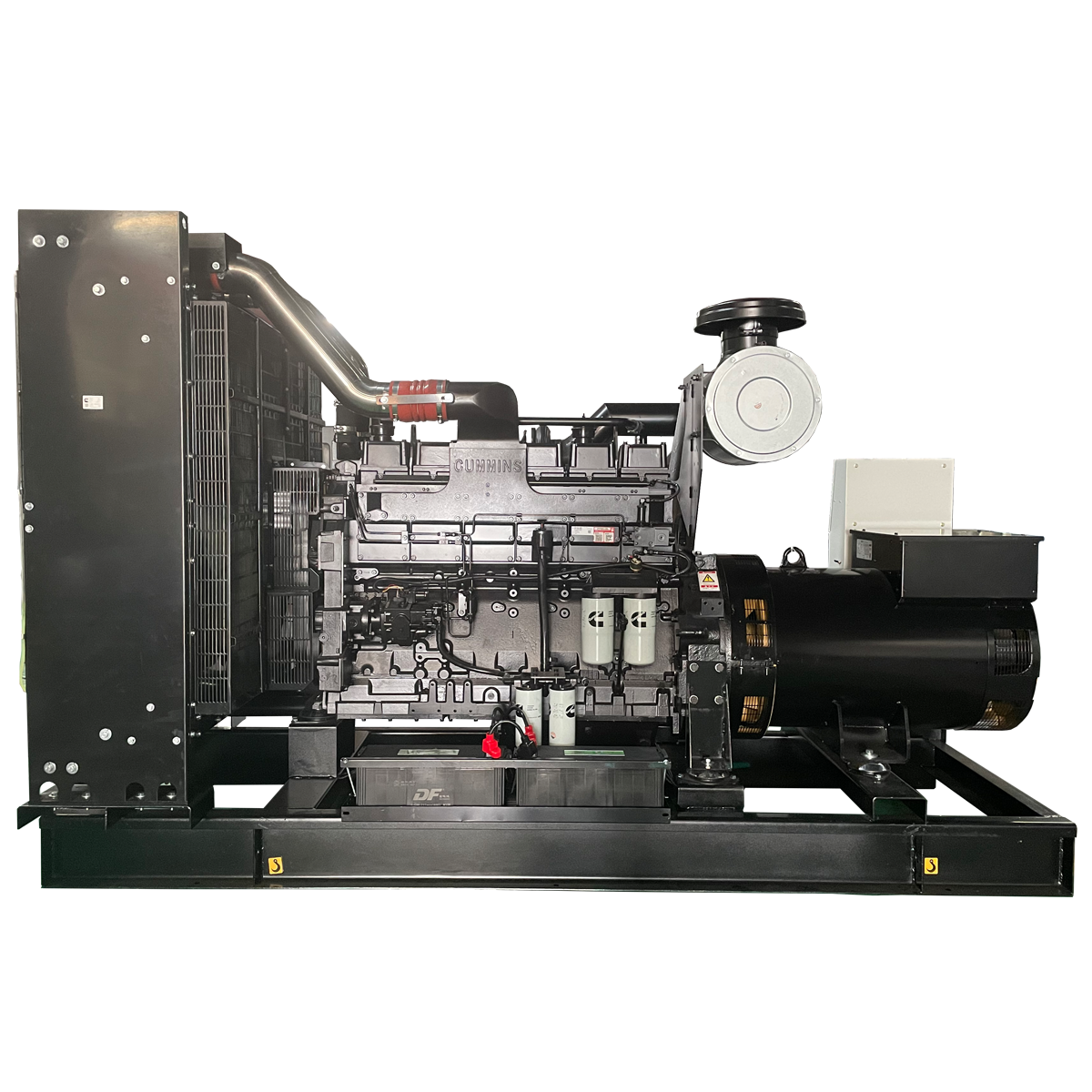
What Is the Lifespan of a Cummins Generator and How Can It Be Extended? Power generation plays an essential role in modern life, ensuring homes, businesses, healthcare institutions, and industries continue running without interruptions. Among the man...
VIEW MORE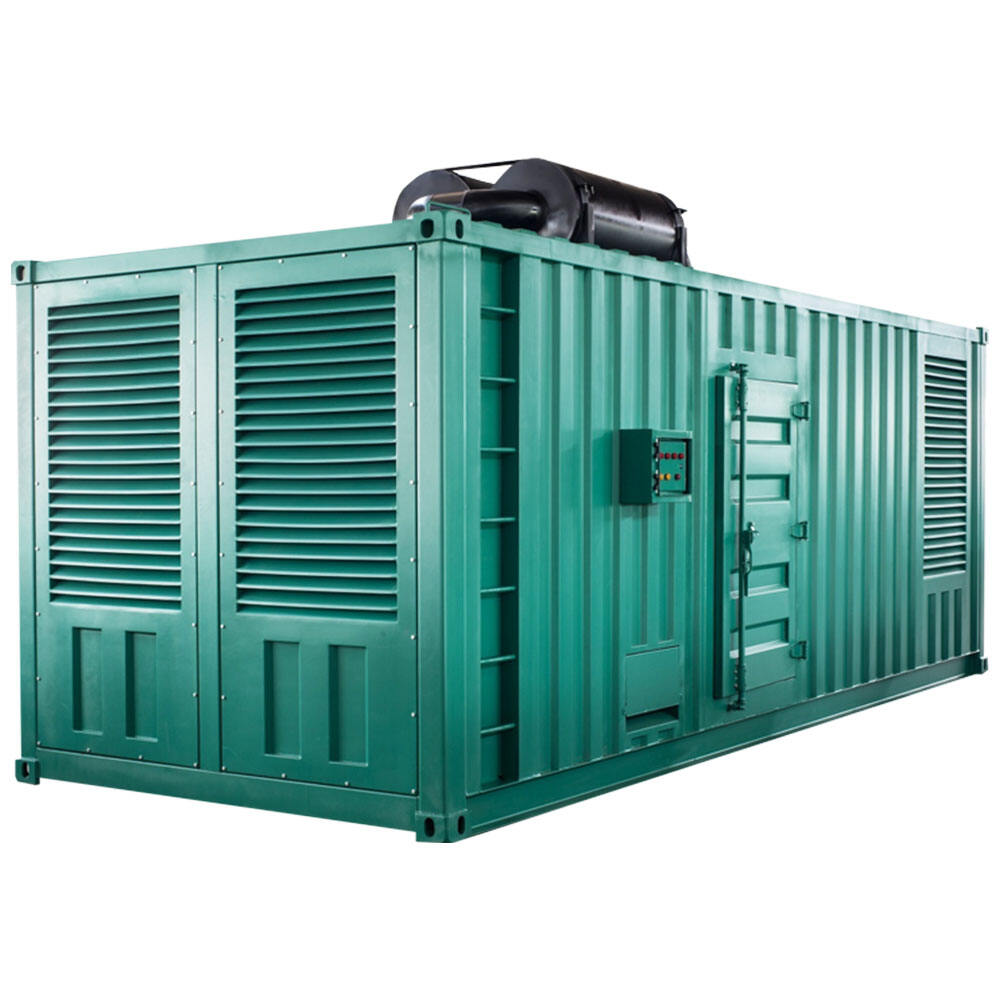
What Are the Common Causes of Diesel Generator Failure and How Can They Be Prevented? A diesel generator is one of the most reliable sources of backup and primary power in industries, residential buildings, healthcare facilities, data centers, constr...
VIEW MORE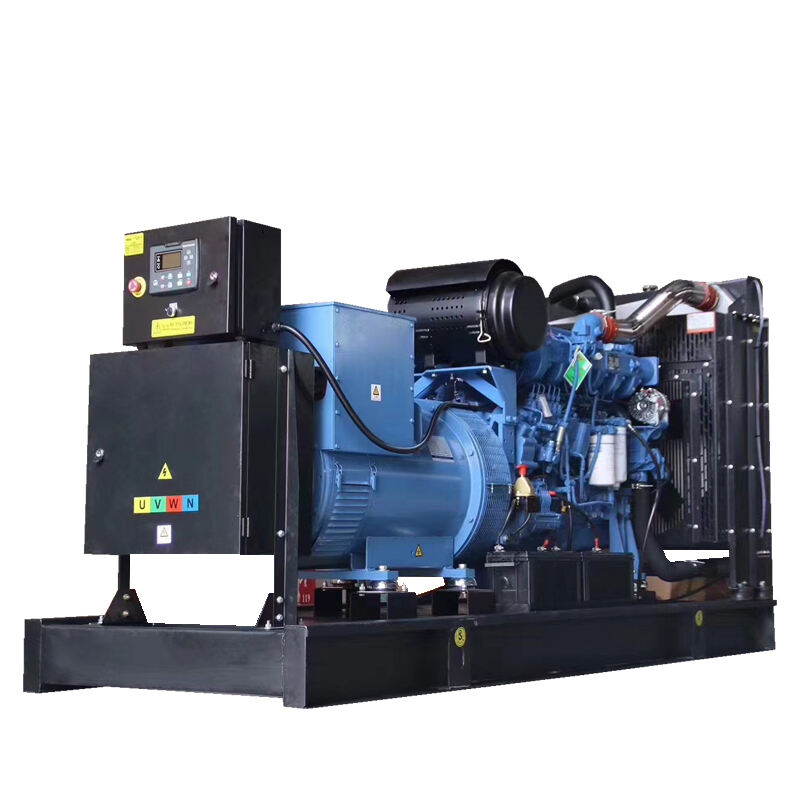
How Does the Size of a Diesel Generator Affect Its Performance and Fuel Consumption? The diesel generator is one of the most reliable power solutions in modern industries, residential settings, and off-grid applications. It provides backup electricit...
VIEW MORE